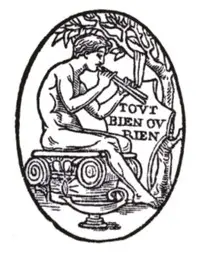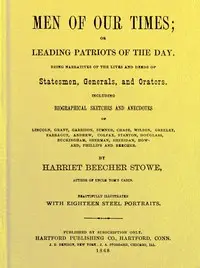"Beethoven, the Man and the Artist, as Revealed in His Own Words" by Ludwig van Beethoven, is a carefully gathered selection of the composer's reflections, offering a look into his life and thinking long after he lived. Created in the early 1900s, the book shares Beethoven's artistic ideas, life stories, and core beliefs from the time he lived—the late 1700s and early 1800s. The goal is to help people better understand Beethoven as a person and the heart of his music, using his own words to connect these two aspects of his life. It starts with a short story of Beethoven's life, pointing out his big impact on classical music and his deep connection to art and the natural world. The book underlines how music gave him comfort when he faced hard times in his personal life, especially his struggle with hearing loss. We learn about Beethoven's strong opinions on what makes good art, highlighting values like honesty, integrity, and deep emotion in music. He also shows a dislike for music that seemed shallow or unimportant. This glimpse into Beethoven's thoughts reveals his high-minded ideals, strong moral sense, and the belief that music has the power to show the world what it means to be human.

Beethoven, the Man and the Artist, as Revealed in His Own Words
By Ludwig van Beethoven
Discover the world of a musical genius as he copes with personal adversity and expresses strong opinions on art and life, all while creating timeless masterpieces.
Summary
About the AuthorLudwig van Beethoven was a German composer and pianist. He is one of the most revered figures in the history of Western music; his works rank among the most performed of the classical music repertoire and span the transition from the Classical period to the Romantic era in classical music. His early period, during which he forged his craft, is typically considered to have lasted until 1802. From 1802 to around 1812, his middle period showed an individual development from the styles of Joseph Haydn and Wolfgang Amadeus Mozart, and is sometimes characterized as heroic. During this time, Beethoven began to grow increasingly deaf. In his late period, from 1812 to 1827, he extended his innovations in musical form and expression.
Ludwig van Beethoven was a German composer and pianist. He is one of the most revered figures in the history of Western music; his works rank among the most performed of the classical music repertoire and span the transition from the Classical period to the Romantic era in classical music. His early period, during which he forged his craft, is typically considered to have lasted until 1802. From 1802 to around 1812, his middle period showed an individual development from the styles of Joseph Haydn and Wolfgang Amadeus Mozart, and is sometimes characterized as heroic. During this time, Beethoven began to grow increasingly deaf. In his late period, from 1812 to 1827, he extended his innovations in musical form and expression.

















